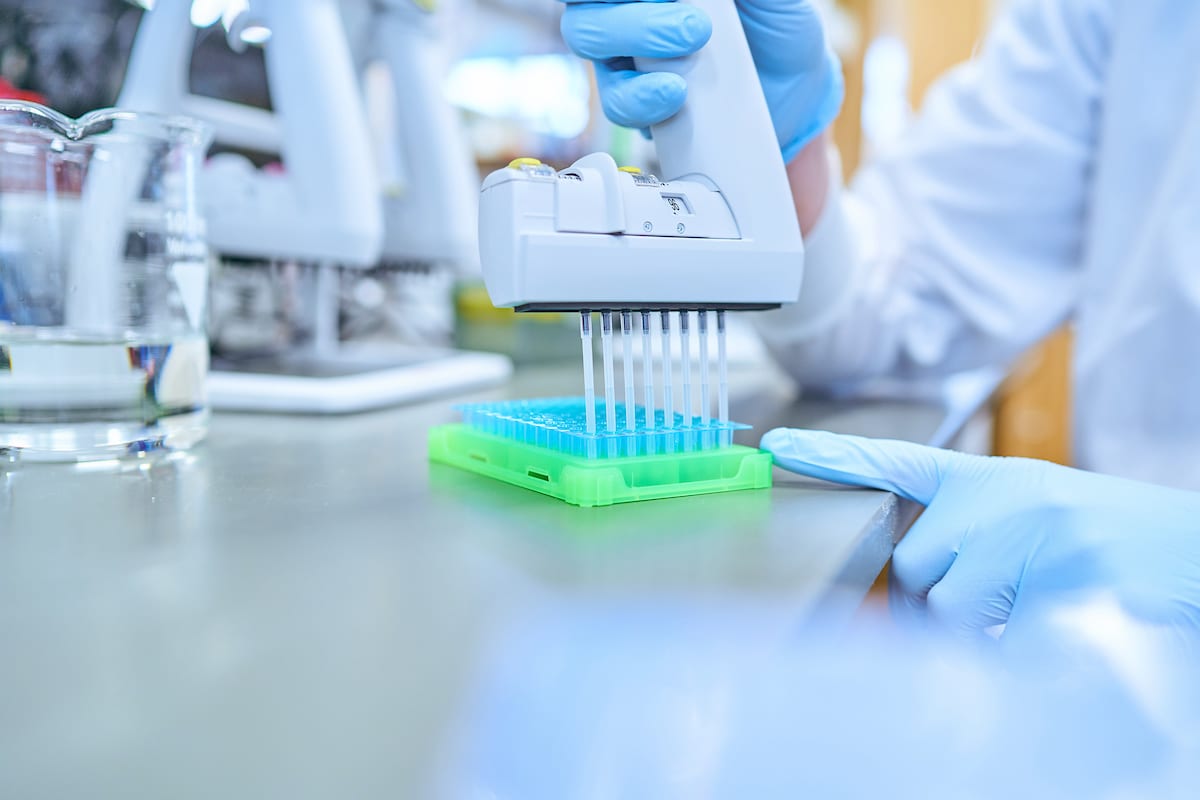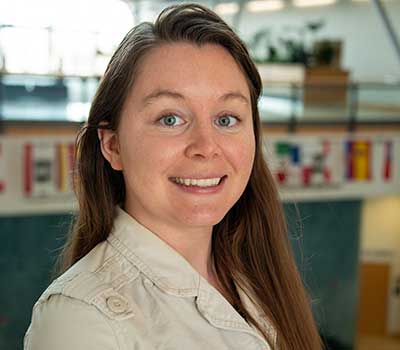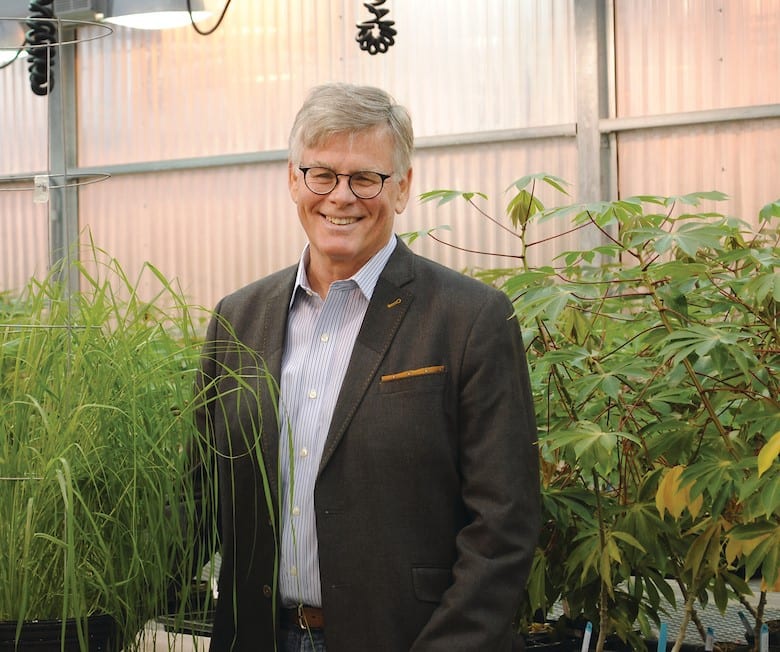Of Prairies and Potential
In the Chicago suburb where Allison Miller, PhD, grew up, there’s a network of prairies where she would often play, chasing butterflies and spotting wildlife.
But it was family vacations to a lake in the Northwoods of Wisconsin that opened her eyes to the possibilities of plants. “There were these incredible Norway pines and understory plants—it was magical, it sparked my imagination. I realized that plants are totally different in different places—and that there are a lot of plants out there.”
Today, as a principal investigator at the Danforth Center and professor of biology at Saint Louis University, Allison is still fascinated by the diversity of plants. She sees in them hope and potential to save the world: “Plants offer unlimited potential solutions to every major agricultural and ecological problem we are facing. We are not tapped out—we are not even close to discovering all the plant biodiversity that might help.”
Perennial Power for the Planet
The Miller Lab has zeroed in on long-lived crops as one possible tool to build a sustainable agricultural system. Long-lived crops, or perennials, live for many years, enriching the soil, and their deep roots combat erosion and sequester more carbon. In a world where 70% of crops are annuals, conversion of even a fraction to perennial crops would have a big environmental impact. “For years, humans have grown crops to serve human needs, often at the expense of the environment. It’s time we developed crops that can benefit the planet, as well as humans.”
Allison and her team are currently trialing 12 herbaceous perennial species as candidates for crop development. It takes a long time to domesticate plants, and for longer-lived plants, it takes even longer. To speed the process, the Miller Lab is attempting early stage selection—predicting future traits from early life stage traits—an endeavor that she credits to Danforth Center resources. “The Danforth Center has incredible infrastructure. We have the computational power and know-how, unique robotic trait monitoring, the world’s best research greenhouses, expert staff, all under one roof. It makes cutting-edge research possible.”
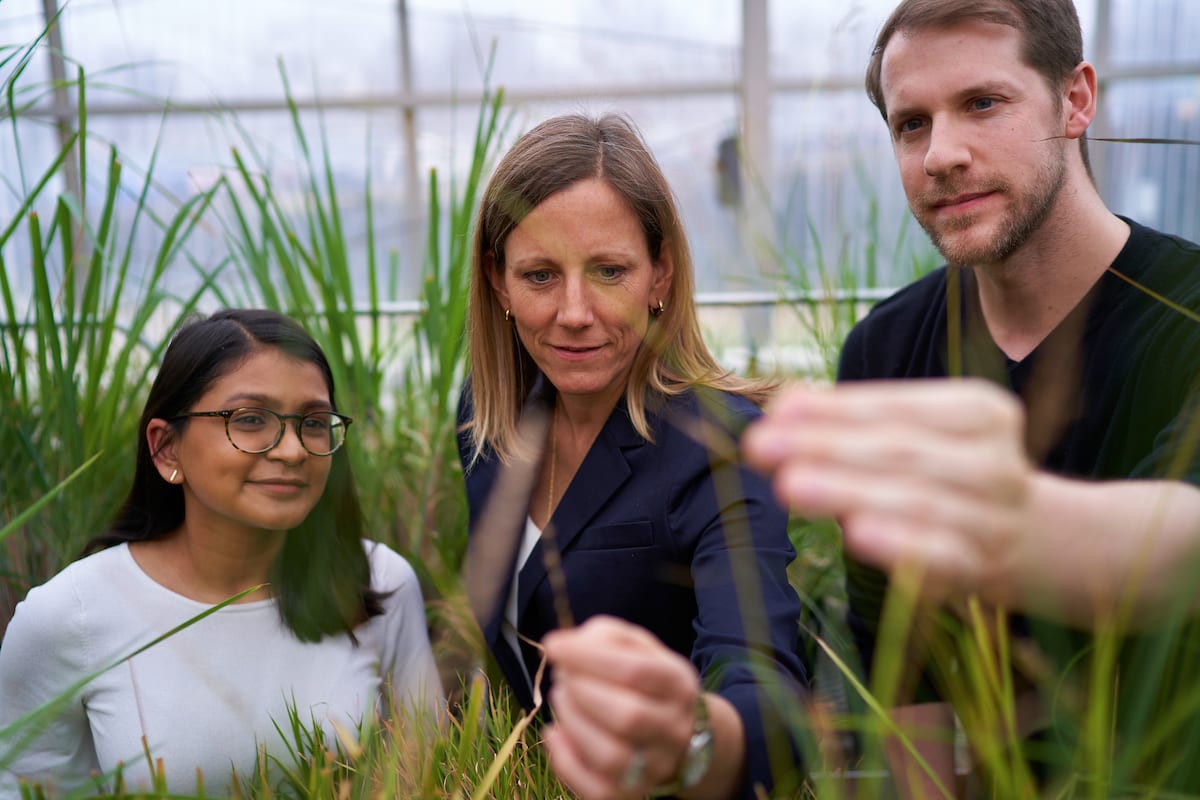
From Ancient Vines, New Wines
As part of their research into long-lived plants, the Miller Lab studies existing perennial crops like grapevines. “European grapevines were one of the first woody plants to be domesticated. They are an ancient crop—yet there are relatives growing in our backyard.” Allison and her team aim to better understand how root systems in grafted plants change the above-ground part of the plant. “The root system changes every part of the plant in every environment in all different ways—even the volatiles in wine.” The 18-scientist, 7-institution collaboration includes an oenologist, a wine chemist, who makes wines, vine by vine, with each experimental grape.
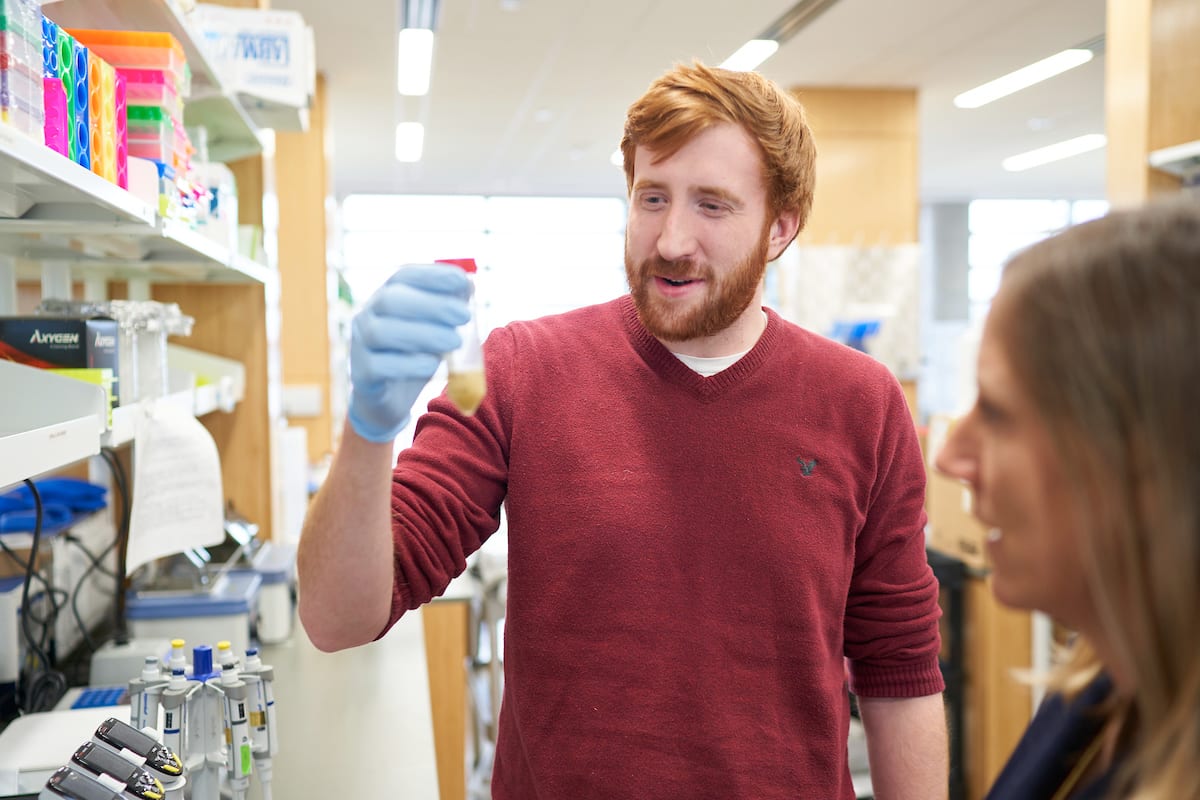
Toward Sustainable Ag
Long-lived plants have a lot to tell us about how plants respond to their environments. They stay put, so they have to deal with the environment as it changes from one year to the next. “Agriculture is the world’s biggest and most rapidly expanding ecosystem,” says Allison. “We can’t fix the health of our planet without taking agriculture into account.”
